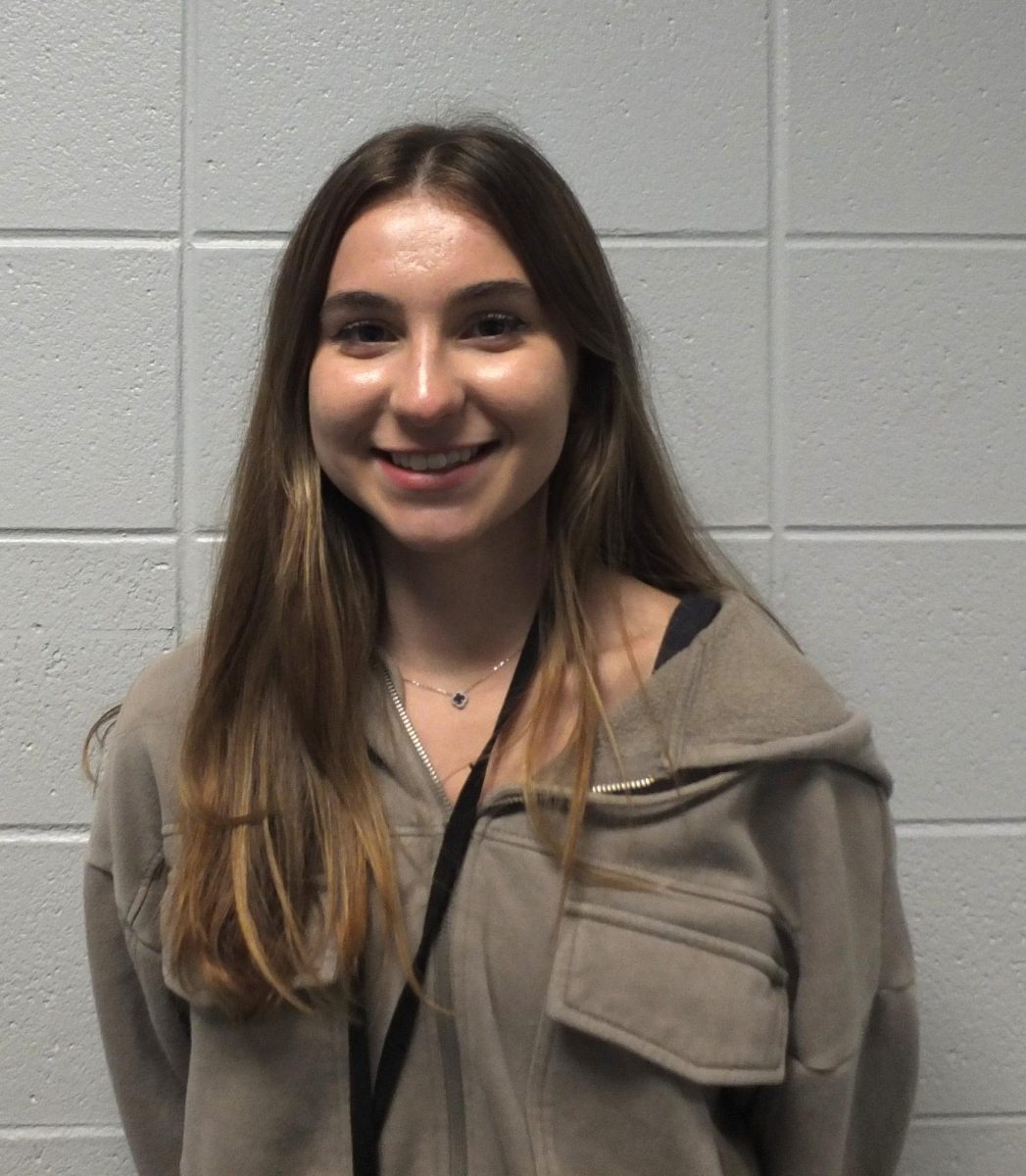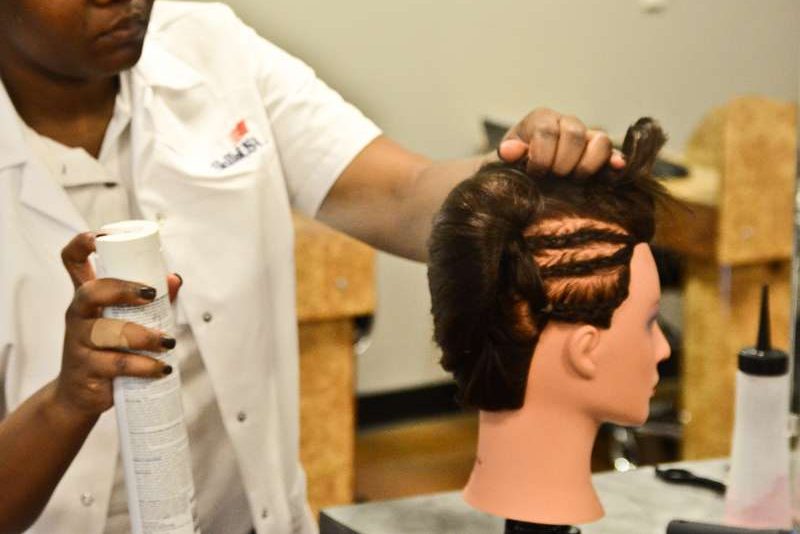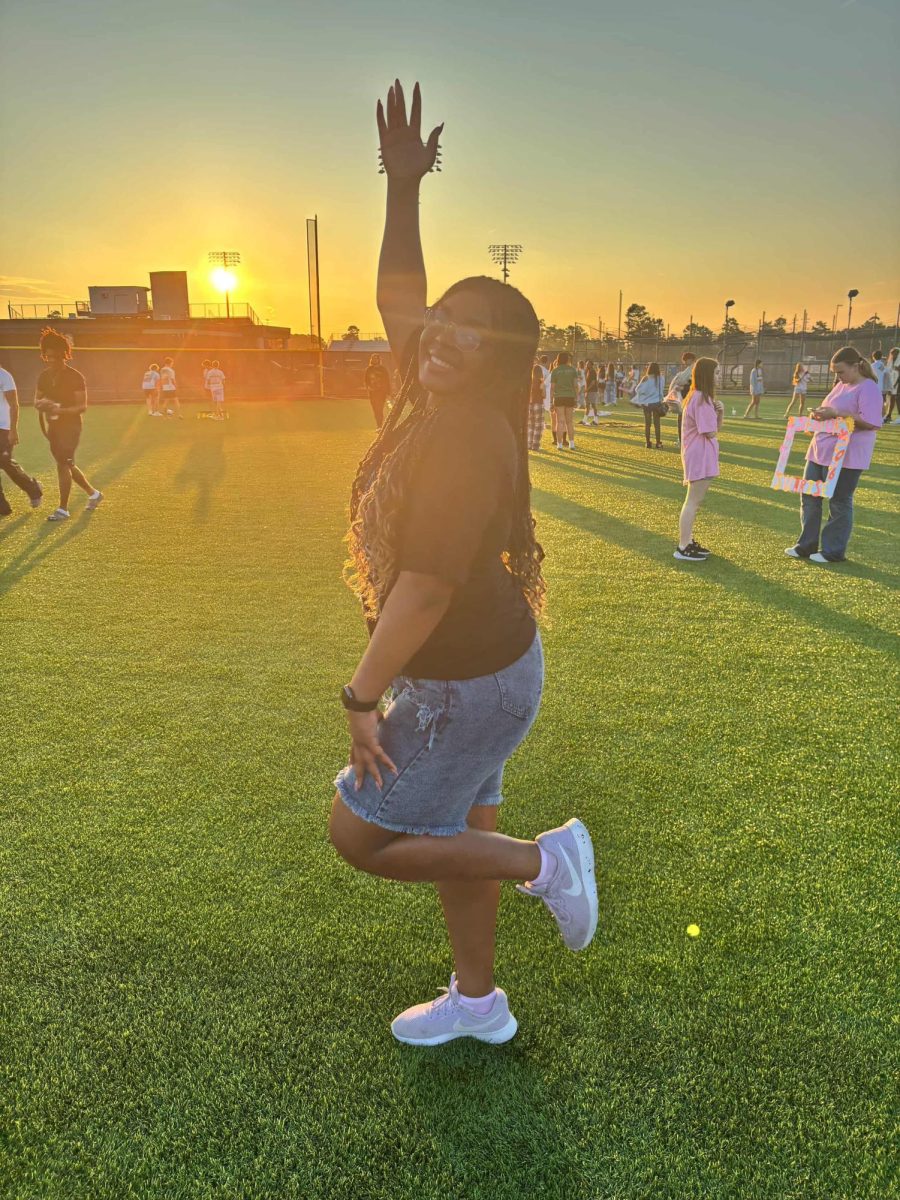As the presidential election of 2012 approaches, staff and students prepare to vote, some for the first time.
Senior Ken Fiffick said he plans on voting, but is unsure for whom.
“It really depends, but I know I will be voting for a republican nominee,” Fiffick said. “Whether it’s Mitt Romney or Newt Gingrich, or even Ron Paul.”
AP Government teacher Joel Hughes also said he has not completely decided for whom he will vote.
“I’m going to wait for all the parties, not just the major two, to have their nominees,” Hughes said. “I [consider myself] an independent. I’m a ‘small L libertarian,’ which means I’m just not a member of the party. The word libertarian, when I describe myself, is a philosophy, not a party label. I view the two major parties as essentially two different wings of the same party. The argument used to be republicans advocating smaller government, democrats advocating bigger government. Now the two parties seem to be arguing about what kind of big government we should have. I don’t align myself with either one. I’m fairly closely aligned with the libertarian party, but that doesn’t mean I’m a member or certain to vote for their candidate.”
Senior Brandi Reichhardt said she agrees with many democrat views and that the health care system is an important factor facing our country.
“I think the education also needs work, but health care is a really big [issue,]” Reichhardt said. “I like Romney’s plan for health care. Romney’s plan has democrat characteristics, it is like Obama’s plan, but more refined. He has already executed it in Massachusetts and it seems to be working pretty well.”
Reichhardt said she is anxious to cast her vote and have her voice heard.
“I want to vote because it’s something I am supposed to do because I’m supporting my country.” Reichhardt said. “I’m kind of nervous because it’s a big choice. I feel like, being high school students, we’re not always completely informed, most of the things we hear are from our parents. I don’t think our vote really matters because of the electoral college. I do like to voice my opinion, so I’m going to vote because I believe I should as a citizen. If I have any chance of my voice being heard I will take it.”
Freshman Daniel Hixon describes himself as a conservative, aligning himself with the republican party.
“Right now I like Rick Santorum,” Hixon said. “He’s really conservative and I like his ideas and what he wants to do, such as abortion. I don’t know much about him because kind of came out of nowhere. I know I don’t like Mitt Romney or Ron Paul.”
Even though he will be unable to vote in the upcoming election, Hixon believes it is still important to be involved in politics at his age.
“It’s important because it’s hard to learn everything a year before [an election],” Hixon said. “My sister is a senior and since middle school she has known about politics. She has a good idea of who she is going to vote for in the election this year.”
Fiffick described his ideal president as one who will commit to what they say they will do.
“An ideal leader is someone who is not only able to talk about things that he’s going to do but actually do them,” Fiffick said. “[We need] somebody who, in his private life, has shown the utmost respect to other people and the utmost respect to his country. He’s also somebody who’s willing to make choices that most people would have problems making, such as having to declare war on a country, and somebody who’s willing to be strong in times we need them to be strong.”
Hughes said students have the potential to be easily involved and knowledgeable about politics.
“I think those who want to have a good understanding of it get involved,” Hughes said. “It’s not terribly difficult, I know because I can do it, that why I’m not teaching physics. One of my favorites is Just because you don’t take an interest in government doesn’t mean government won’t take an interest in you. Government will affect you every day for the rest of your life where it matters most, right in your wallet.”
Feeling that some of his peers do not have the best grasp of politics today, Fiffick encourages students to become knowledgeable.
“Some students think that other people will make that choice for them and I think that’s wrong,” Fiffick said. “I think it is important that people take charge of their own education when it comes to politics.
It is not really something a school should sponsor, because a school will tend towards one political party. It is really something a student needs to go out and learn by themselves, and it’s really hard to get people to do that.”
With George Washington being his best model for a president, Fiffick said he would like to see the current president out of office.
“George Washington set up the greatest example we could ever have as a president as somebody who’s modest and somebody who’s just a leader,” Fiffick said. “What he really did that made him special is that he had the chance to become the dictator of this entire country, he had the chance to have all that power. He said ‘no.’ He said presidents should only have about two terms, so he took his two terms and he left office.”
Fiffick said he believes the economy is the biggest issue influencing the presidential race.
“The most pressing issue facing our country is our economy,” Fiffick said. “Our economy is failing and our debt is rising and rising. Now we’re at about 90 percent debt of our Gross Domestic Product. Greece just completely fell apart after 120 percent, and we’re coming to that number.”
Hughes said he thinks young voters and people voting for the first time have a significant impact on the race.
“I don’t remember the numbers, but I know president Obama overwhelmingly won the younger demographic,” Hughes said. “That got him into the White House by a pretty big margin. This year, in the republican primaries, Ron Paul is really popular with the younger demographic, which is interesting since he’s the oldest candidate. As he explains it, young people are more interested in solid consistent principals than other voters. I think the younger demographic are why Ron Paul is a player. I still don’t think he’s going to get the nomination, but he’s successfully moving the debate. If students get involved and get engaged, just like in 2008, the younger crowd can move the election.”





